It has been established over the past few years, that the environment, in which the Slovene sport has been developing, is somewhat specific with respect to sport environments in other parts of the world. Due to the absence of strong selection mechanisms, we need to maintain a high level of quality in order to sustain top sports achievements. Thus we should pay special attention to a central figure in sports, the coach. We need to accurately specify the coach - athlete relationship in order to be able to efficiently influence it. We are interested in leadership styles in sport and we define leadership as a process, in which an individual influences the behaviour of others. We define intelligence, achievement motivation, responsibility, cooperation and status as the qualities which influence successful leadership. Leadership styles, affecting the success of the leader, are commonly defined as a continuum between the democratic, athlete oriented style and autocratic style, which is task oriented and emphasizes the importance of the set goal. Recently there''s been an onset and dominance of approaches, focusing on situation based leadership and we will attempt to research that leadership style and what affects it. Chapters on the coach and his relationship with the athlete include the coaches personality characteristics, the motivation of coaches and sports managers, their moral - ethical characteristics, values and the relationship towards negative aspects of sport, used leadership styles, relationships with athletes and communication abilities and skills and other characteristics of coaching profession. We will gather data from top Slovene coaches, engaging in individual and team sports, coaches of young athletes, coaches that deal with sports recreation and those, whose influence on the development of sport in our country is the strongest - sport managers, leaders of professional teams, heads of sports associations and Olympic committee. The results should offer some new theoretical aspects and enable the formulation of exact suggestion on how to approach coaching efficiently, on guidance and specialization in sport and also on main personality characteristics of people, who serve as the basis of sport development and of young athletes education.
Psychological characteristics and the leadership styles in slovene sport
- Code L5-6407
- Date 01.07.2004 - 30.06.2007
- Funds provider ARRS, FŠO
- Organisation UL, Faculty of sport
Abstract

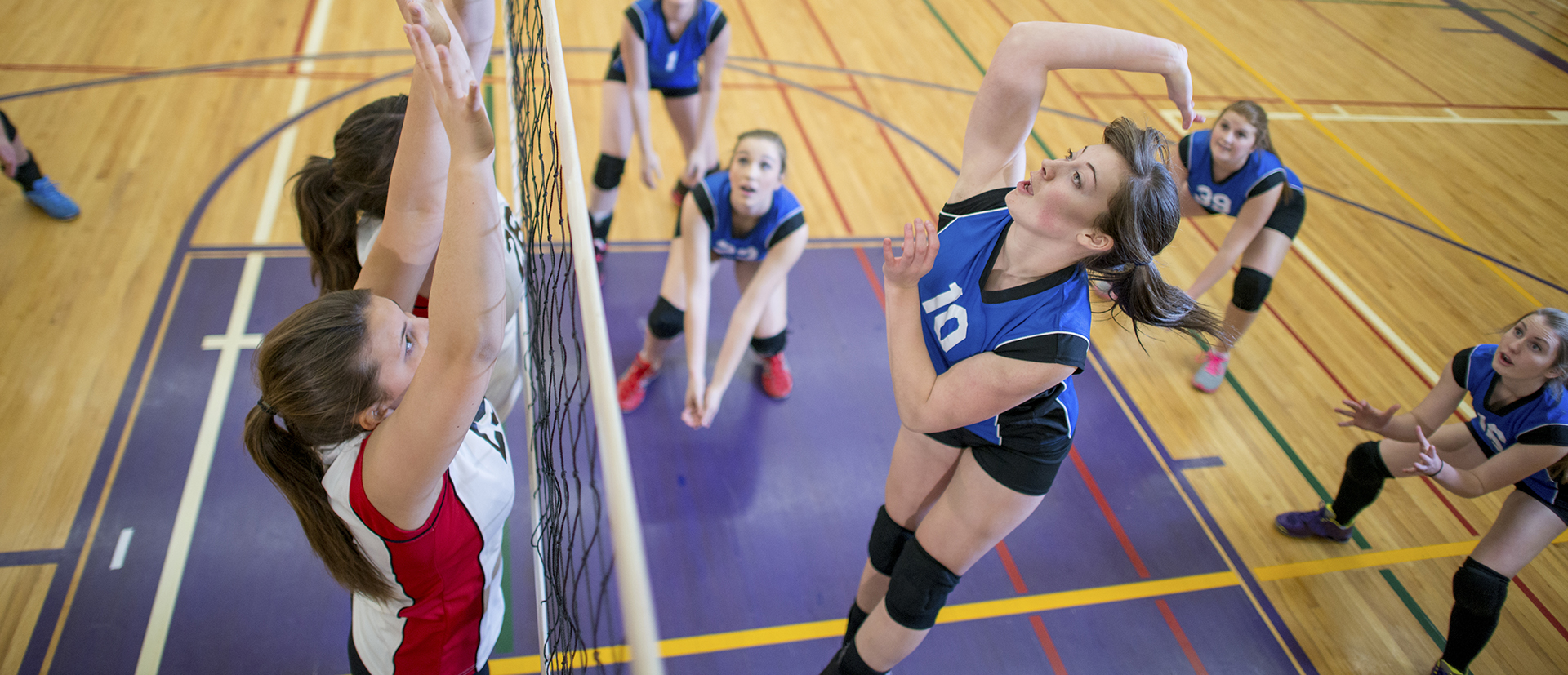





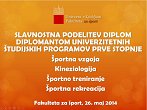

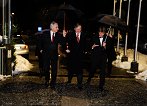


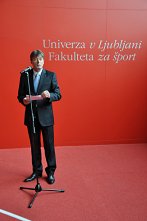



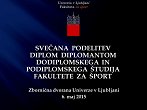



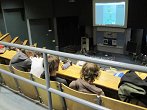

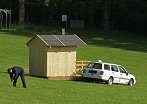







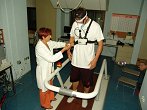
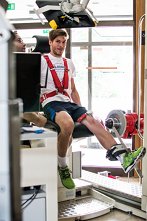



.png)